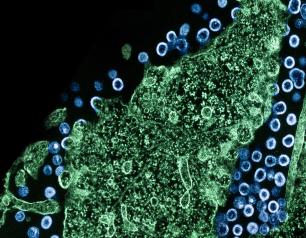123 Results
Epstein-Barr Virus’s Molecular Mimicry Reveals a Key Site of Vulnerability
NIAID scientists determined the high-resolution 3D structure of an Epstein-Barr virus (EBV) surface protein in complex with its receptor, revealing a key site of vulnerability that could lead to much-needed interventions against this common human pathogen.
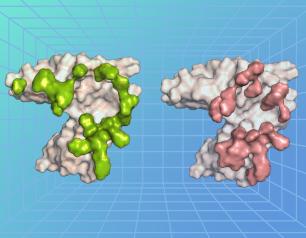
Powerful Sequencing Tool Helps Identify Infectious Diseases in Mali
Advanced diagnostic tool tested in Mali helped identify infectious viruses in patients that normally would have required many traditional tests.
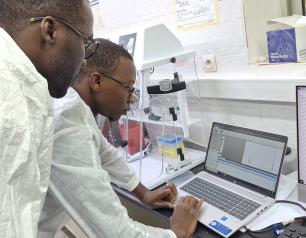
Vaccine Protective Against H5N1 Influenza from Cattle
Experimental H5N1 vaccine fully protective in mice against virus circulating in U.S. cattle.
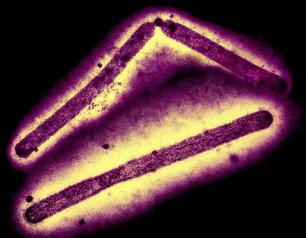
NIAID Study Describes Successful Treatment Regimen for Person with Multidrug-Resistant HIV
A NIAID study describes the successful treatment of a person with multidrug-resistant (MDR) HIV with a regimen including the monoclonal antibody UB-421 (semzuvolemab) and lenacapavir-based ART.
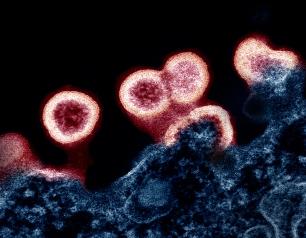
Subclinical Disease in Monkeys Exposed to H5N1 by Mouth and Stomach
Drinking raw milk contaminated with H5N1 virus can cause infection but may be less severe. Regardless, exposure by raw milk should be avoided.
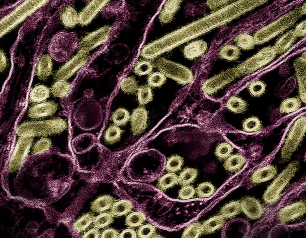
Measuring Innovation: Laboratory Infrastructure to Deliver Essential HIV Clinical Trial Results
HIV clinical trials network laboratory functions will continue to evolve to align with scientific priorities and research approaches.
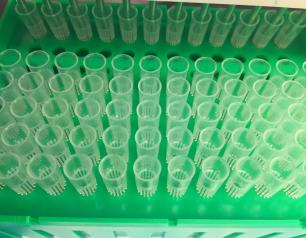
NIAID Research Key to H5N1 Influenza Preparedness Efforts
H5N1 influenza viruses have been around for years, but the spring 2024 outbreak of a highly pathogenic H5N1 avian influenza among U.S. dairy cows prompted new concerns. NIAID scientists and NIAID-funded researchers have been working closely to monitor the outbreak, understand spread among animals and develop potential prevention and treatment methods as part of larger U.S. government pandemic preparedness efforts.
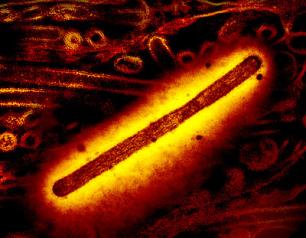
Calling for Reinforcements: A New Way to Recruit Immune System Helpers Could Lead to Better Flu Vaccines
Flu causes hundreds of thousands of deaths and millions of hospitalizations worldwide. The best way to protect against serious illness is annual vaccination, but the vaccine’s effectiveness is not perfect. Now, NIH-funded researchers at the Stanford University School of Medicine have taken a new approach to crafting flu vaccines that resulted, in lab tests, in a more broadly protective immune response compared to currently available vaccines.
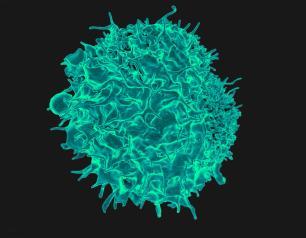
Some People with Advanced HIV Have Anti-CD4 Autoantibodies Associated with Dampened Immune Recovery
A NIAID-sponsored analysis found that people with advanced HIV and anti-CD4 autoantibodies experienced limited CD4+ T-cell reconstitution through up to four years of observation after ART initiation, highlighting a potential immune effect of long-term unsuppressed HIV. The findings were published in Clinical Infectious Diseases.

Next-generation Genetic Tools Reveal New Aspects of Enterovirus Evolution
NIAID scientists developed tools to study evolution in enteroviruses—a virus group responsible for polio; hand, foot & mouth disease (HFMD); acute flaccid myelitis (AFM) & other diseases. Their findings may reveal pathways of viral evolution.
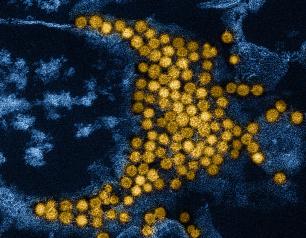
A New View of Hemoglobin and its Role in Malaria
A look inside human arteries reveals a new picture of hemoglobin’s role there and may lead to treatments for malaria and other vascular diseases.
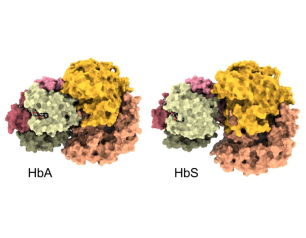
First Webinar of Long COVID Treatment Initiative Highlights Early Progress
NIAID and the Foundation for the National Institutes of Health (FNIH) launched its first in a series of online webinars highlighting recent progress in the new Researching COVID to Enhance Recovery - Treating Long COVID (RECOVER-TLC) program.
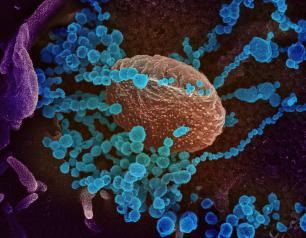
New Resource for Researchers: NIH BioArt Source, a Free Science and Biomedical Art Resource Library
NIAID has launched a free science and biomedical art resource library created by professional medical illustrators. This open-source library offers a diverse array of high-quality illustrations to elevate the impact and clarity of scientific communications.
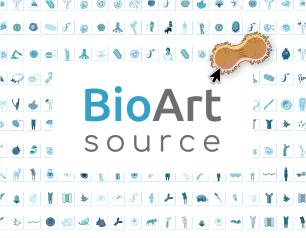
Scientists Discover Cause, Potential Treatment for Cases of Deadly Autoimmune Disorder
Discovery of a gene variant causing some cases of APECED, a rare inherited autoimmune disease, will enable earlier diagnosis & medical care that may prolong lives.
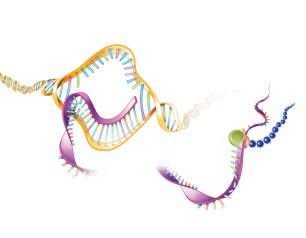
Shaping the Next Era of HIV Therapeutics and Care
The Institute aims to foster the next generation of discoveries that will enable people with HIV to experience a typical lifespan with high life quality. Scientific priorities include removing the chronic HIV medication burden; reducing the incidence of concurrent TB and hepatitis; and ensuring scientific advances can feasibly be scaled to all who stand to benefit.
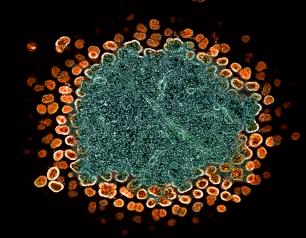
Gene Signature at Birth Predicts Sepsis in Newborns Before Signs Appear
A four-gene signature in newborns’ blood at birth predicts before symptom onset whether a baby will develop neonatal sepsis during the first week of life.

Can Improved Tests Speed Up Treatment for Antibacterial Resistant Infections?
An ongoing NIAID-supported trial is testing whether rapid tests for antibiotic susceptibility can improve patient outcomes.
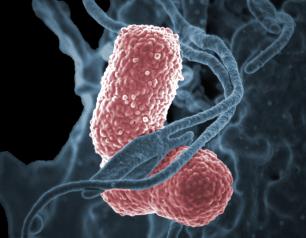
NIAID Scientists Detail First Structure of a Natural Mammalian Prion
Revealing the near-atomic structure of a chronic wasting disease prion from a deer should help scientists explain how CWD prions spread and become infectious.
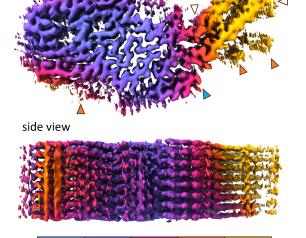
Sequencing of Congo Mpox Reports Highlights New Transmission Patterns in Country
Laboratory analysis in the Republic of Congo showed mpox was affecting people in parts of the country where it has not been historically. The findings point to increases in human-to-human transmission across the border with the neighboring Democratic Republic of the Congo, where a large outbreak was declared a public health emergency of international concern.
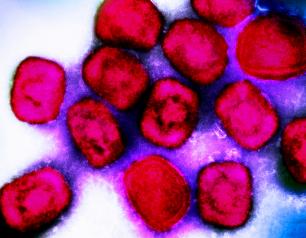
HIVR4P 2024 Research Highlights: Reproductive Health While on PrEP and Signals to Guide HIV Vaccines and Cure
New NIAID-supported science presented at the 2024 HIV Research for Prevention conference in Lima, Peru features a breadth of HIV discovery and translational findings and enriches the evidence base on HIV pre-exposure prophylaxis within the context of reproductive health.
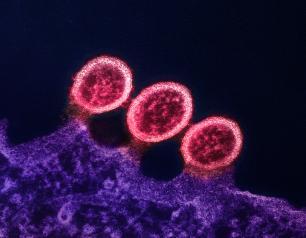
COVID-19 Respiratory Treatment Effective in Encephalitis Study
Antiviral drug molnupiravir, a COVID-19 treatment, was effective when tested in mice in preventing viruses that cause brain swelling, particularly in children. The scientists studied LACV because it broadly represents several RNA viruses that cause disease in the CNS, including Jamestown Canyon and Cache Valley viruses – which also were part of the study – and rabies, polio, West Nile, Nipah and several other viruses not part of the study.
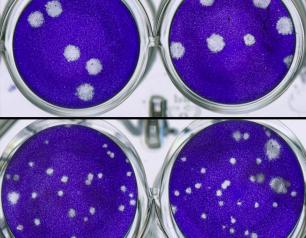
Defining the Goals of HIV Science Through 2034
Discovery, Development and Delivery for an Increasingly Interconnected HIV Landscape
By Carl Dieffenbach, Ph.D., director, Division of AIDS, NIAID
We envision an HIV research enterprise that follows a logical evolution in addressing new scientific priorities informed by previous research progress. We will fund our next networks to align with updated research goals to take us through the end of 2034. Our capacity must reflect an increasing interdependence across clinical practice areas and public health contexts.
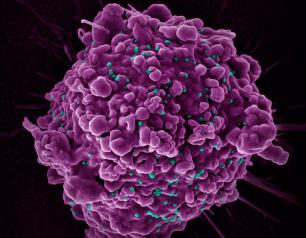
The Eyes Have it: A Functional Role for Prion Protein
Answers to what a normal prion protein does could help lead them to develop treatments and disease-prevention measures against human prion diseases, such as Creutzfeldt-Jakob disease, fatal familial insomnia and kuru, as well as animal prion diseases, such as scrapie in sheep and chronic wasting disease in cervids.
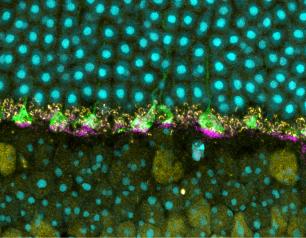
Fungal Disease Awareness Week—Fighting Fungi at NIAID
Fungal Disease Awareness Week spotlights clinical trials of improved treatments for fungal infections, such as better use of antibiotics and treatment combinations.
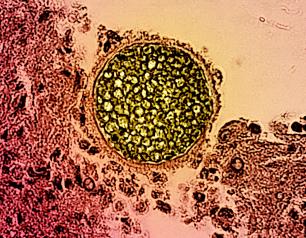
Study Links Certain Vaginal Bacteria and Inflammatory Marker to Increased Odds of Acquiring HIV Among Cisgender Women
Fourteen vaginal bacterial species and the presence of a protein that promotes inflammation were associated with increased odds of HIV acquisition in a study of more than 500 cisgender women in African countries with high HIV incidence. The study was the largest to date to prospectively analyze the relationship between both the vaginal microbiome and vaginal tissue inflammation and the likelihood of acquiring HIV among cisgender women in this population.
